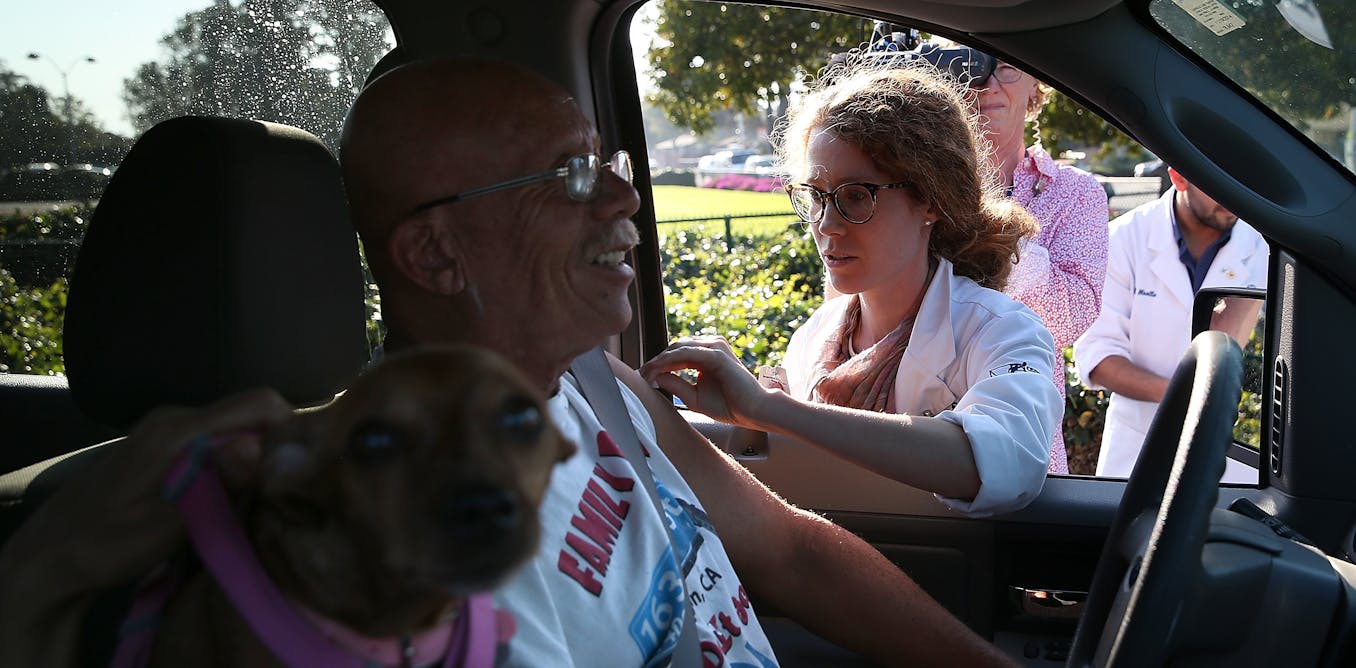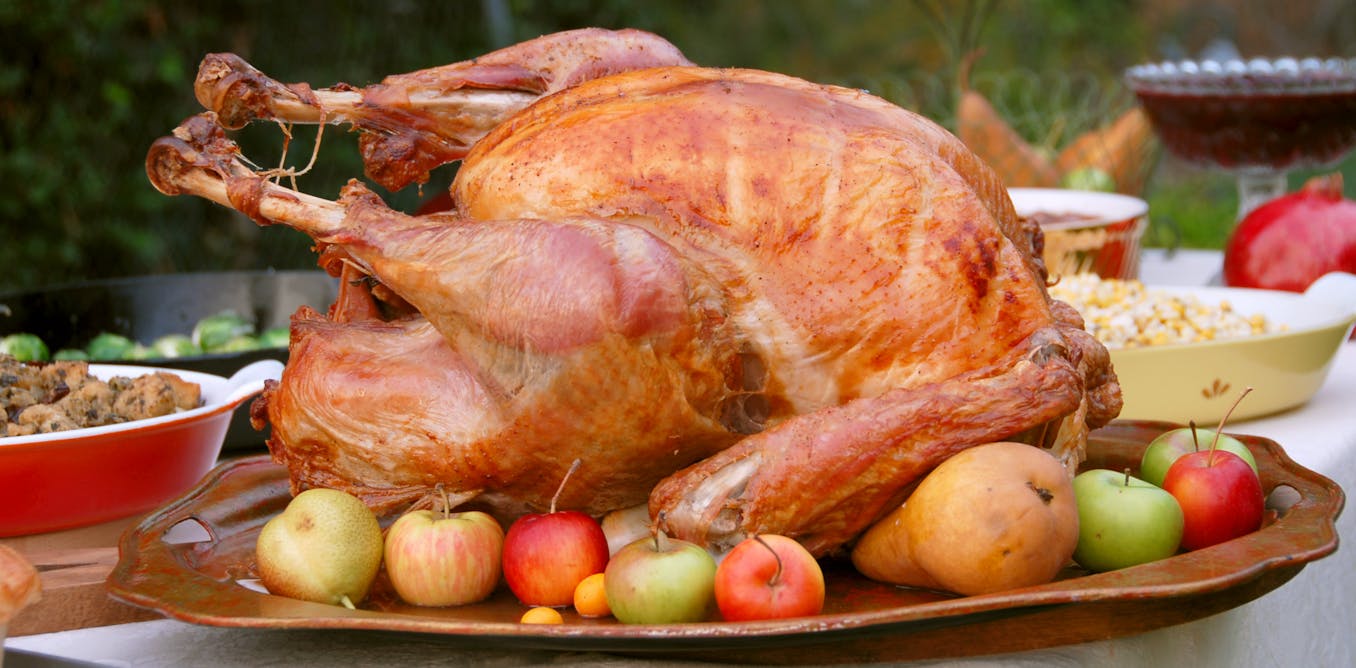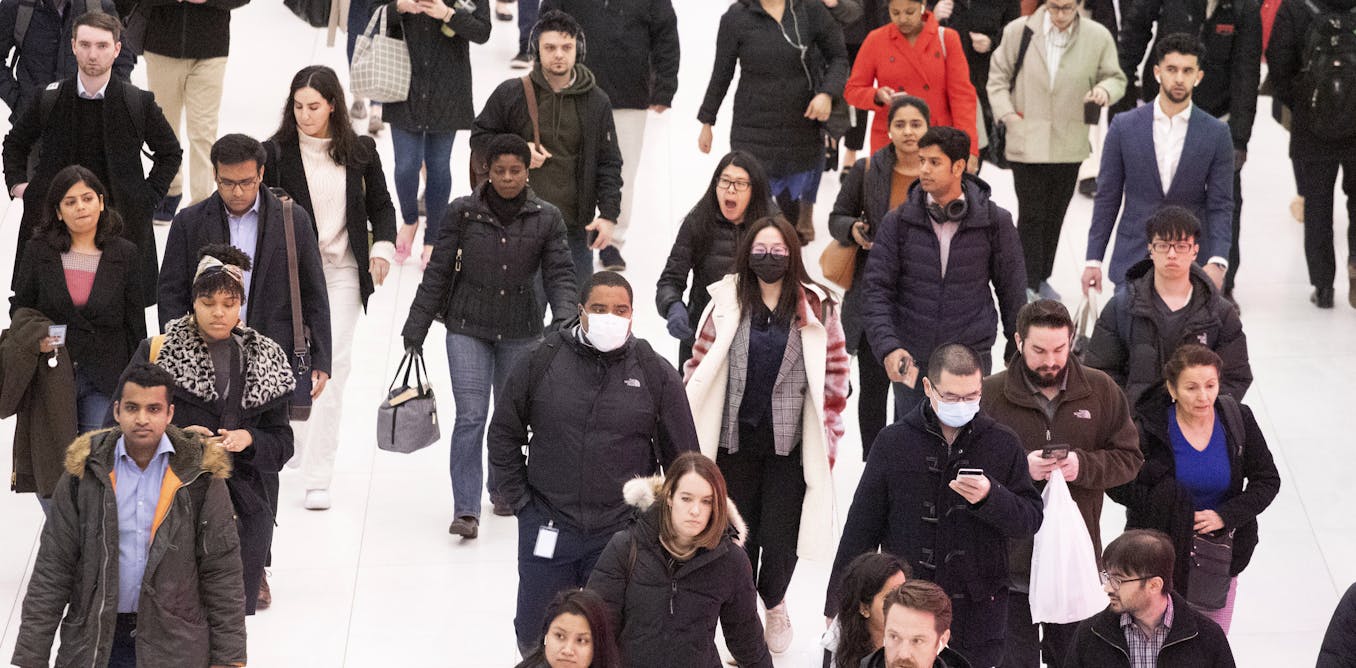How many people need to get a COVID-19 vaccine in order to stop the coronavirus?
Researchers say around 70% of the US needs to get the coronavirus vaccine to stop the pandemic. But questions around the vaccines and regional differences add some uncertainty to that estimate.
Jan. 5, 2021 • ~8 min








